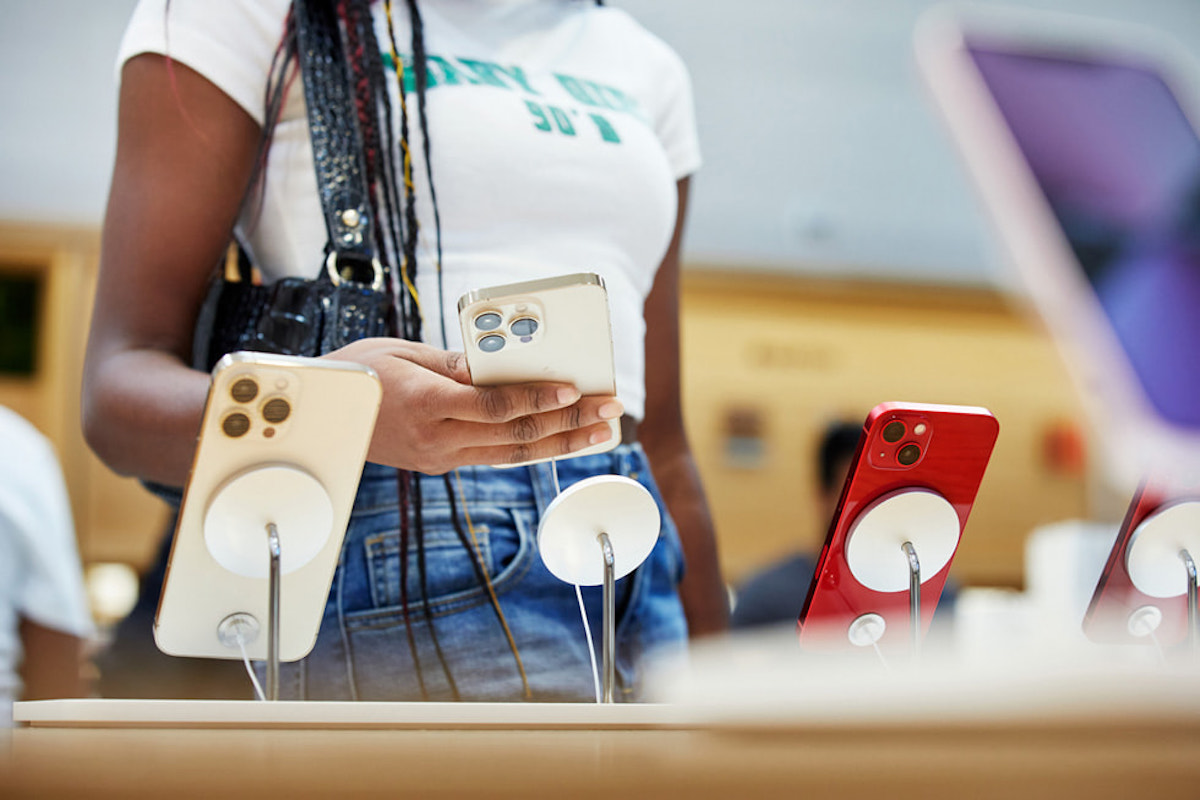In the wake of growing supply constraints, Apple has prioritized iPhone 13 production over iPad’s. Nikkie Asia reports that the tech giant has reduced iPad production by 50% than the planned shipments in the September-October period to utilize more components to the iPhone 13 production. In addition, the parts for older iPhone models are also allocated to iPhone 13.

At the Q4, 2021 earnings call, Apple CEO Tim Cook and CFO Luca Maestri briefed that the company is likely to face a bigger revenue hit because of the ongoing chip shortage. Mr.Cook explained that components shortage, COVID-19 related lockdowns, and higher than expected demand for Apple’s products have created supply constraints for the company.
As iPad and iPhone are equipped with common components, core, and peripheral chips, Cupertino tech giant allocating more components to iPhone 13 production in anticipation of stronger demand for the iPhone 13 series in Western markets emerging from the COVID-19 pandemic.
Possibility of iPhone users’ switch to Android pushes Apple to prioritize iPhone 13 production over iPad’s
With its biggest hardware upgrade cycle this year, Apple is expected to see the best holiday sales season ever. However, supply constraints are dampening the prospective $120 billion in revenue for the upcoming December quarter. To mitigate the impact of components shortage, the tech giant has prioritized iPhone 13 production over iPad’s.
Brady Wang, a tech analyst with Counterpoint Research, told Nikkei Asia that the focus on iPhone 13 production is not a surprise because of the product’s seasonality and its critical role in Apple’s ecosystem. He said that iPad users are unlikely to switch to Android tablets and can bear the months wait to get their device. However, iPhone users might switch to Android phones in face of a delay.
“The scale of iPhone shipments of around 200 million units a year is much bigger than that of iPads. Apple’s most important and critical ecosystems are all surrounding iPhones, its iconic product. To add one more point, iPads do not have that strong seasonality like its flagship iPhones, which are always launched in autumn.
Meanwhile, Apple is already a dominant player in the tablet market with its iPads, Wang said. “Fewer users will turn to Android tablets if they are considering buying an Apple iPad but need to wait a bit longer. However, there could be a possibility that people could turn to … Android phones if they could not immediately buy an iPhone.”
With that being said, reports claim that chip shortage is more acute for Android manufacturers who are struggling to manage supply and demand. And in the absence of competing Android smartphone models, iPhone has become consumers’ choice.